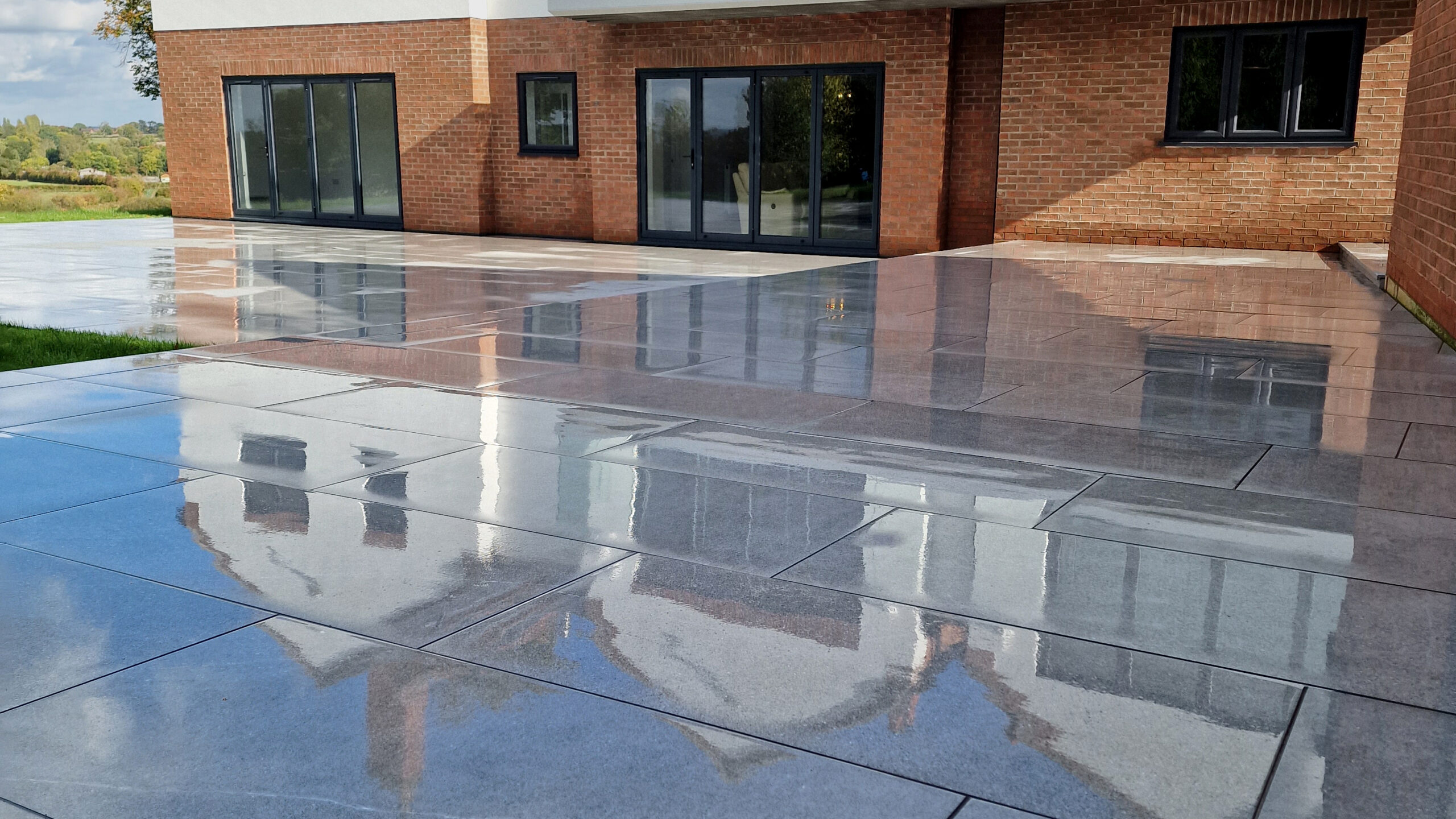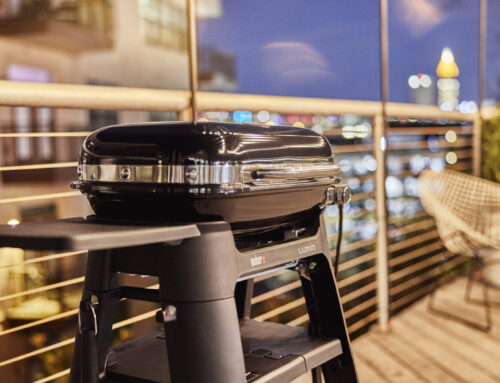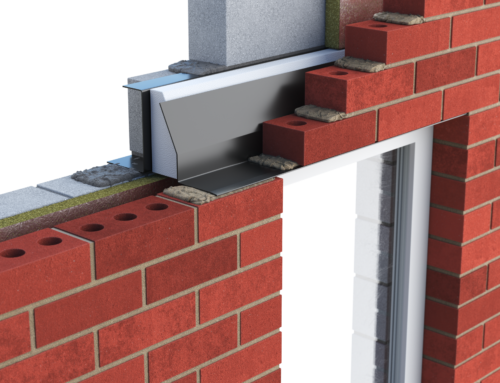Porcelain paving and natural stone paving are both popular choices for outdoor surfaces such as driveways, walkways, and patios. Both materials offer a range of benefits, but they also have some drawbacks to consider. In this article, we’ll take a closer look at the pros and cons of porcelain paving vs natural stone paving to help you decide which option is the best fit for your home. We’ll compare the durability, maintenance, weather resistance, aesthetics, and cost of each material to help you make an informed decision.
Here are some pros and cons of porcelain paving vs natural stone paving:
Pros of Porcelain Paving:
- Durability: Porcelain paving is extremely durable and resistant to wear and tear, making it a long-lasting paving solution.
- Low maintenance: Porcelain paving requires minimal maintenance, as it does not need to be sealed or treated. It is also resistant to stains and is easy to clean.
- Weather resistant: Porcelain paving is resistant to water, frost, and extreme temperatures, making it a suitable choice for outdoor spaces in all types of climates.
- Eco-friendly: Porcelain paving is an eco-friendly choice as it is made from natural materials and can be recycled at the end of its lifespan. It is also an energy-efficient choice, as it requires less energy to produce than other paving materials such as concrete.
- Versatility: Porcelain paving is available in a wide range of colors, sizes, and styles, allowing you to choose a paving solution that fits your specific needs and design preferences.
Cons of Porcelain Paving:
- Cost: Porcelain paving can be more expensive than other paving materials such as natural stone, although its long lifespan may make it a cost-effective choice in the long run.
- Weight: Porcelain paving is heavier than other paving materials, which can make it more difficult to install and may require additional support.
Pros of Natural Stone Paving:
- Aesthetics: Natural stone paving adds a natural, rustic look to outdoor spaces, making it a popular choice for those who want a more organic look.
- Durability: Natural stone paving is generally durable and can last for many years, although it may require some maintenance to keep it in good condition.
- Customization: Natural stone paving is available in a wide range of colors, sizes, and styles, allowing for greater customization.
Cons of Natural Stone Paving:
- Cost: Natural stone paving can be more expensive than other paving materials such as concrete.
- Maintenance: Natural stone paving requires regular maintenance, including sealing and cleaning, to keep it in good condition.
- Weight: Natural stone paving is generally heavier than other paving materials, which can make it more difficult to install and may require additional support.
Overall, both porcelain paving and natural stone paving have their own set of pros and cons. Porcelain paving is more durable, low maintenance, and weather resistant, but it can be more expensive and heavier than natural stone paving. Natural stone paving adds a natural, rustic look to outdoor spaces, but it can be more expensive and require more maintenance than porcelain paving. Ultimately, the right choice for your home will depend on your budget, needs, and preferences.





